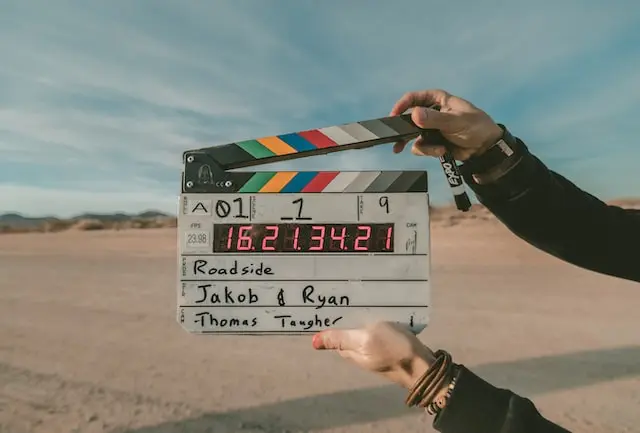Go back

A New Adam
Episode number: 1
Overview: The origins of America’s unique religious landscape—how the New World challenged the faiths the first European settlers brought with them. A new message of spiritual rebirth swept through the colonies, kindling a rebellious spirit that fused with the political upheaval of the American Revolution.

A New Eden
Episode number: 2
Overview: The beginnings of America’s experiment in religious liberty, examining how the political alliance between evangelical Baptists and enlightenment figures such as Thomas Jefferson forged a new concept of religious freedom—first in Virginia and ultimately in the Bill of Rights.

A Nation Reborn
Episode number: 3
Overview: How religious belief shaped the origins of the Civil War and President Abraham Lincoln’s actions during the conflict. As Northern abolitionists and Southern slaveholders clashed over the question of slavery, each side turned to the Bible to argue its cause, with each side declaring God was on its side.

A New Light
Episode number: 4
Overview: The intellectual and cultural conflicts between traditional religious beliefs and the forces of modernity, which reached a crescendo in the 1925 trial of John Scopes, a Tennessee teacher arrested for teaching evolution.

Soul of a Nation
Episode number: 5
Overview: A contradiction at the heart of the post-war era: while the Supreme Court embarked on decisions that required government actions to have a secular purpose, fresh religious energy surged through the nation, fueling the Cold War fight against “Godless Communism” and driving the civil rights movement which produced leaders like Martin Luther King, Jr.

Of God and Caesar
Episode number: 6
Overview: In the present day, exploring the political aspirations of the religious right, the dynamics of the contemporary religious marketplace, and the re-emergence of a religious voice in the Democratic Party.